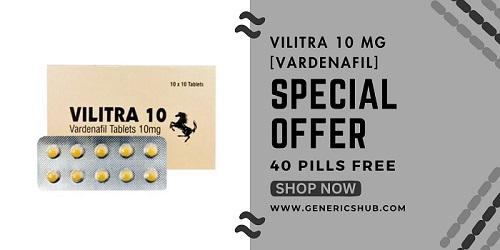Exploring Foods That Can Naturally Boost Testosterone Levels
Introduction
In the quest for optimizing health and vitality, many individuals seek ways to naturally enhance their testosterone levels. Testosterone plays a crucial role in various bodily functions, including muscle growth, bone density, and overall well-being. While there are supplements and medications available, the consumption of certain foods has been shown to have a positive impact on testosterone production. In this comprehensive guide, we’ll delve into the realm of nutrition and unveil the top foods that can help boost testosterone levels naturally.
Crucial Nutrients for Testosterone Production
1. Zinc-Rich Foods
Zinc is an essential mineral known for its pivotal role in testosterone synthesis. Foods rich in zinc can aid in maintaining optimal testosterone levels. Some excellent sources of zinc include oysters, beef, poultry, beans, and nuts. Incorporating these foods into your diet can contribute to supporting healthy testosterone production.
2. Vitamin D-Rich Foods

Vitamin D is another nutrient that plays a significant role in regulating testosterone levels. Studies have shown that individuals with sufficient vitamin D levels tend to have higher testosterone levels. Fatty fish such as salmon, trout, and tuna are excellent sources of vitamin D. Additionally, spending time outdoors in sunlight exposure can help boost your body’s vitamin D production.
3. Magnesium-Rich Foods
Magnesium is a vital mineral involved in hundreds of biochemical reactions in the body, including testosterone synthesis. Leafy greens, nuts, seeds, and whole grains are all rich sources of magnesium. Incorporating these foods into your diet can help support optimal testosterone levels and overall health.
Testosterone-Boosting Foods
1. Lean Protein Sources
Protein is essential for muscle growth and repair, both of which are closely linked to testosterone levels. Opt for lean protein sources such as chicken, turkey, eggs, and tofu. These foods provide high-quality protein without excessive saturated fats, which can negatively impact testosterone levels.
2. Cruciferous Vegetables
Cruciferous vegetables such as broccoli, cauliflower, and Brussels sprouts contain compounds that may help regulate estrogen levels in the body. By promoting a healthy estrogen-testosterone balance, these vegetables indirectly support optimal testosterone levels.
3. Healthy Fats

Incorporating healthy fats into your diet is crucial for hormone production, including testosterone. Avocados, olive oil, nuts, and seeds are excellent sources of healthy fats that can support testosterone production. Aim to include a variety of these foods in your meals to reap their benefits.
Lifestyle Factors That Impact Testosterone Levels
Apart from diet, several lifestyle factors can influence testosterone levels. Regular exercise, especially strength training and high-intensity interval training (HIIT), has been shown to boost testosterone levels. Adequate sleep is also essential, as testosterone production primarily occurs during deep sleep stages. Additionally, managing stress levels and maintaining a healthy weight can positively impact testosterone levels.
Conclusion
Incorporating testosterone-boosting foods into your diet, along with adopting a healthy lifestyle, can help optimize your testosterone levels naturally. By focusing on nutrient-dense foods rich in zinc, vitamin D, and magnesium, as well as incorporating lean protein sources, cruciferous vegetables, and healthy fats, you can support your body’s testosterone production and overall well-being.
Remember, achieving and maintaining optimal testosterone levels is a multifaceted approach that involves nutrition, lifestyle, and exercise. By making informed dietary choices and prioritizing a healthy lifestyle, you can take proactive steps towards enhancing your vitality and overall health.



